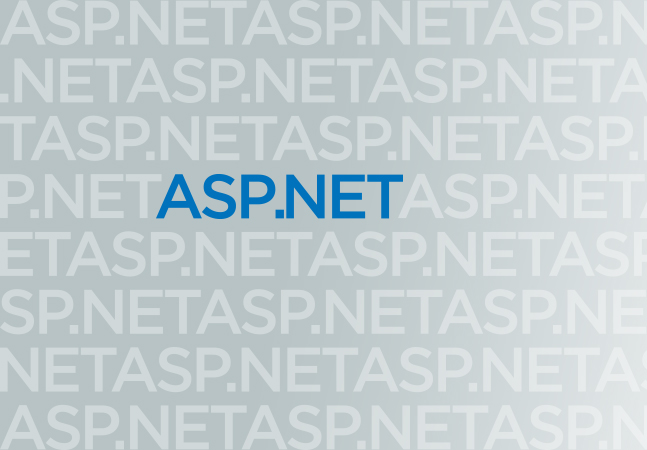Measures for Security in.NET Core
Verification and Permission
Ensuring the security of your application’s resources requires the implementation of strong authentication and authorization procedures. .NET Core comes with built-in support for a number of authentication protocols, including OpenID Connect, OAuth, and JWT (JSON Web Tokens). Based on user roles and permissions, developers can manage resource access by setting up authorization policies and authentication middleware.
// Configuring JWT Authentication
services.AddAuthentication(JwtBearerDefaults.AuthenticationScheme)
.AddJwtBearer(options =>
{
options.TokenValidationParameters = new TokenValidationParameters
{
ValidateIssuer = true,
ValidateAudience = true,
ValidateLifetime = true,
ValidateIssuerSigningKey = true,
ValidIssuer = Configuration["Jwt:Issuer"],
ValidAudience = Configuration["Jwt:Issuer"],
IssuerSigningKey = new SymmetricSecurityKey(Encoding.UTF8.GetBytes(Configuration["Jwt:Key"]))
};
});Data Protection
Sensitive data such as user credentials and personal information must be securely handled to prevent unauthorized access. .NET Core’s Data Protection API offers a simple yet effective way to encrypt and decrypt sensitive data, protecting it from potential security breaches.
Input Validation
Sanitizing and validating user input is crucial for preventing common security vulnerabilities such as SQL injection and cross-site scripting (XSS) attacks. .NET Core provides validation attributes and libraries like FluentValidation to ensure that incoming data meets the expected criteria.
Performance Optimization Techniques
Asynchronous Programming
Utilizing asynchronous programming techniques such as async/await can significantly enhance the responsiveness and throughput of .NET Core applications, especially when dealing with I/O-bound operations like database queries and network requests.
Caching
Implementing caching mechanisms can reduce the load on backend resources by storing frequently accessed data in memory or distributed cache systems like Redis. .NET Core’s built-in MemoryCache and IDistributedCache interfaces simplify the implementation of caching strategies.
Load Balancing and Scaling
Deploying .NET Core applications in a load-balanced environment across multiple servers or containers can distribute incoming traffic efficiently and ensure optimal performance, even during peak usage periods. Containerization technologies like Docker and orchestration platforms such as Kubernetes facilitate seamless scaling and management of application instances.
By combining these security best practices and performance optimization techniques, .NET Core developers can build resilient, high-performance applications capable of handling heavy user loads without compromising on security. With continuous monitoring, testing, and refinement, organizations can ensure that their .NET Core applications remain secure and responsive, even as user demands evolve in an ever-changing digital landscape.
Best and Most Recommended ASP.NET Core 8.0.4 Hosting
Fortunately, there are a number of dependable and recommended web hosts available that can help you gain control of your website’s performance and improve your ASP.NET Core 8.0.4 web ranking. HostForLIFEASP.NET is highly recommended. In Europe, HostForLIFEASP.NET is the most popular option for first-time web hosts searching for an affordable plan.
Their standard price begins at only € 3.49 per month. Customers are permitted to choose quarterly and annual plans based on their preferences. HostForLIFEASP.NET guarantees “No Hidden Fees” and an industry-leading ’30 Days Cash Back’ policy. Customers who terminate their service within the first thirty days are eligible for a full refund.
By providing reseller hosting accounts, HostForLIFEASP.NET also gives its consumers the chance to generate income. You can purchase their reseller hosting account, host an unlimited number of websites on it, and even sell some of your hosting space to others. This is one of the most effective methods for making money online. They will take care of all your customers’ hosting needs, so you do not need to fret about hosting-related matters.





